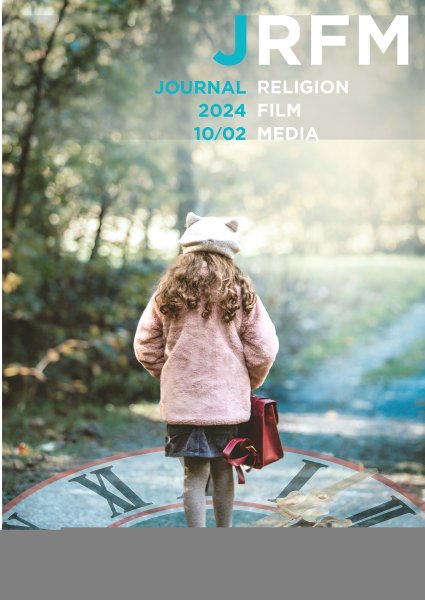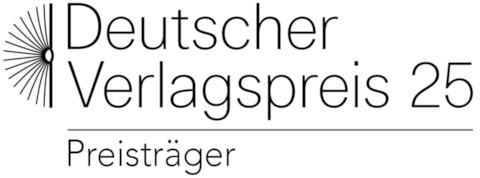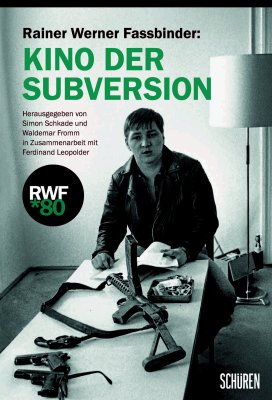 |
|
|
Journal for Religion, Film and Media 168 Seiten, 148 x 210 mm, einge Abb., englischNovember 2024 16,90 € sofort lieferbarISBN 978-3-7410-0458-2 |
Escaping the Moment
Time Travel as a Negotiation of Transcendence
As we all know, time flies, and that is also true for us: JRFM is celebrating its 10th anniversary. When we think back to the beginnings of our journal, we take a mental journey through time. This issue is therefore dedicated to the topic of time travel, which is a strong motif in the media and popular culture. The cover of this issue evokes a character influential in popular culture for over 150 years: Alice, renowned for her adventures in Wonderland, strides resolutely across the gears of the Grand Clock of All Times to start a journey into the past. The books in which Lewis Carroll developed the character of Alice have been widely read and often adapted: The time-travel motif is central in the Disney film Alice Through the Looking Glass (James Bobin, US 2016). At the start of the film, Alice’s mother dismisses her daughter’s confession that she once believed she “could do as many as six impossible things before breakfast”, but the film will deliver the impossible over the ensuing ninety minutes. This issue of the Journal for Religion, Film and Media is dedicated to the apparently impossible phenomenon of time travel. Time travel is a frequently explored motif in literature, art, music, and audiovisual productions. In this editorial, we navigate with Alice Through the Looking Glass through this fascinating theme, formulating theses that thread through the motif of time travel and presenting the contributions in this issue. The Disney film is intriguing in its allegorical conception of time and in presenting associated religious moments that prompt us to reflect on values and power, on identity, and on our understanding of the world. In this issue we discuss time travel as transcendent per se – it cannot be observed and is impossible in everyday life. If we understand religion as a process of negotiation with the transcendent, then time travel can be taken as in effect a religious motif. Time travel exists in narrative content, but it is also heavily influenced by its media staging. With their unique cinematic techniques, films can take us on a journey through time, inviting us to contemplate our understanding of time and reality, of fantasy and contingency, of transcendence and immanence. This issue proposes that time, an inherently abstract concept, is materialised on multiple levels in media, in its narration and in its aesthetics.













